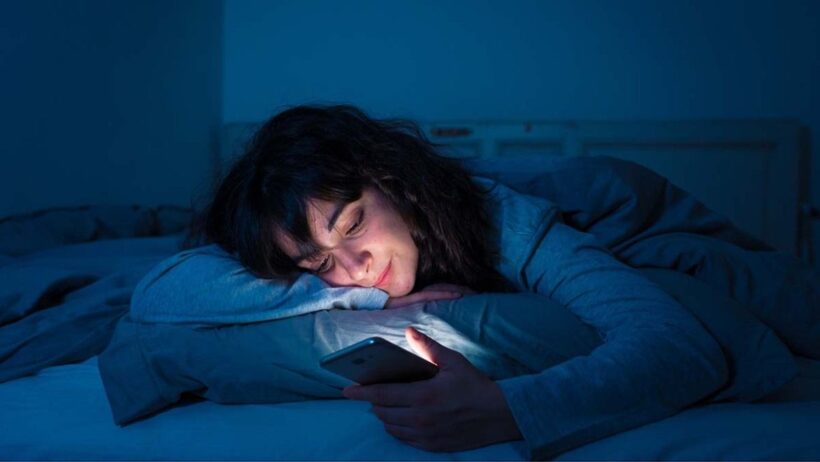Reducing screen time before bed can significantly improve the quality of your sleep and help you feel more rested each day. The key is to stop using screens at least an hour before bedtime, which allows your body to produce melatonin and prepare for rest. This simple change can help you avoid insomnia and waking up feeling tired.
It may seem difficult to break the habit of checking your phone or watching TV before bed, but small adjustments in your evening routine can make a big difference. Replacing screen use with relaxing activities like reading or listening to music helps calm your mind and makes it easier to fall asleep.
By setting boundaries around when and how you use screens in the evening, you take control of your sleep schedule and overall well-being. You’ll find that better sleep leads to better energy, mood, and focus during the day.
Key Takeaways
- Avoid screens at least one hour before bed to improve sleep quality.
- Relaxing, screen-free activities help your mind unwind before sleep.
- Creating a consistent evening routine supports better rest every night.
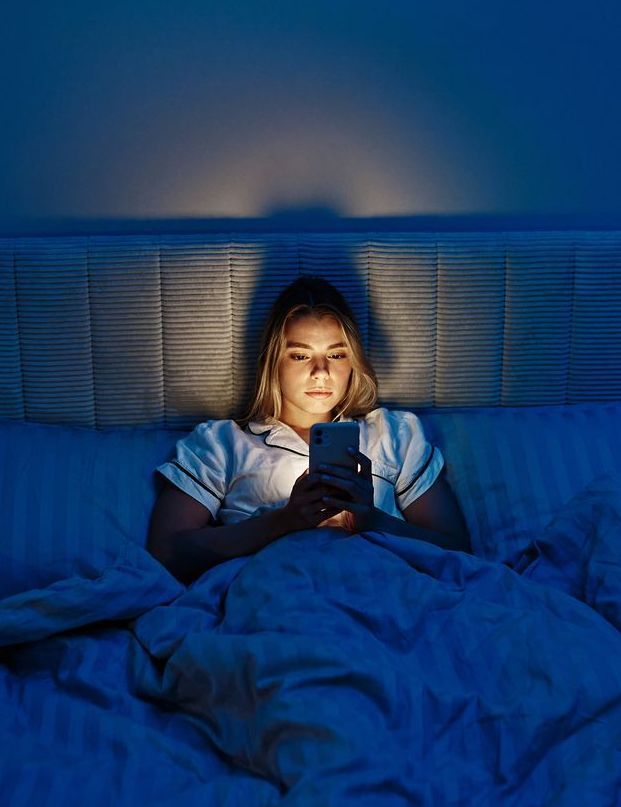
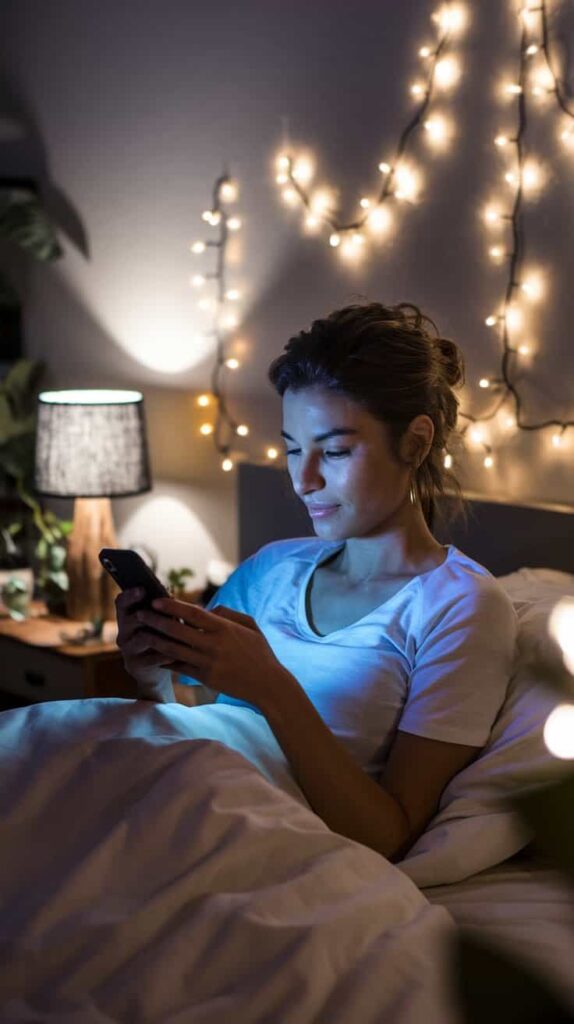
Why Reducing Screen Time Before Bed Matters
Limiting screen time in the evening helps your body prepare for restful sleep. It improves how well you fall asleep and stay asleep by protecting natural sleep hormones and stabilizing your internal clock. This section breaks down the biggest effects screen use has on your sleep.
Impact of Blue Light on Sleep
Blue light from screens mimics daylight, signaling your brain that it’s still daytime. This suppresses the production of melatonin, the hormone that signals your body to wind down and get ready for sleep.
When melatonin levels drop, falling asleep becomes harder, and your sleep cycle can be disrupted. Even using blue light filters or “night mode” on devices helps but doesn’t fully eliminate this effect.
By reducing screen time an hour or two before bed, you encourage melatonin to rise naturally, making it easier to fall asleep and improving your overall sleep quality.
How Screens Disrupt Sleep Patterns
Using screens before bed delays your internal clock, or circadian rhythm, pushing your sleep time later. This can make you feel alert when you should be sleepy.
Beyond melatonin suppression, engaging with digital content—like social media or games—stimulates your brain. This increases stress hormones such as cortisol and keeps your mind active when it’s time to relax.
If you use screens right before sleep, you may find it harder to settle down or wake feeling unrefreshed because these disruptions fragment your sleep cycles.
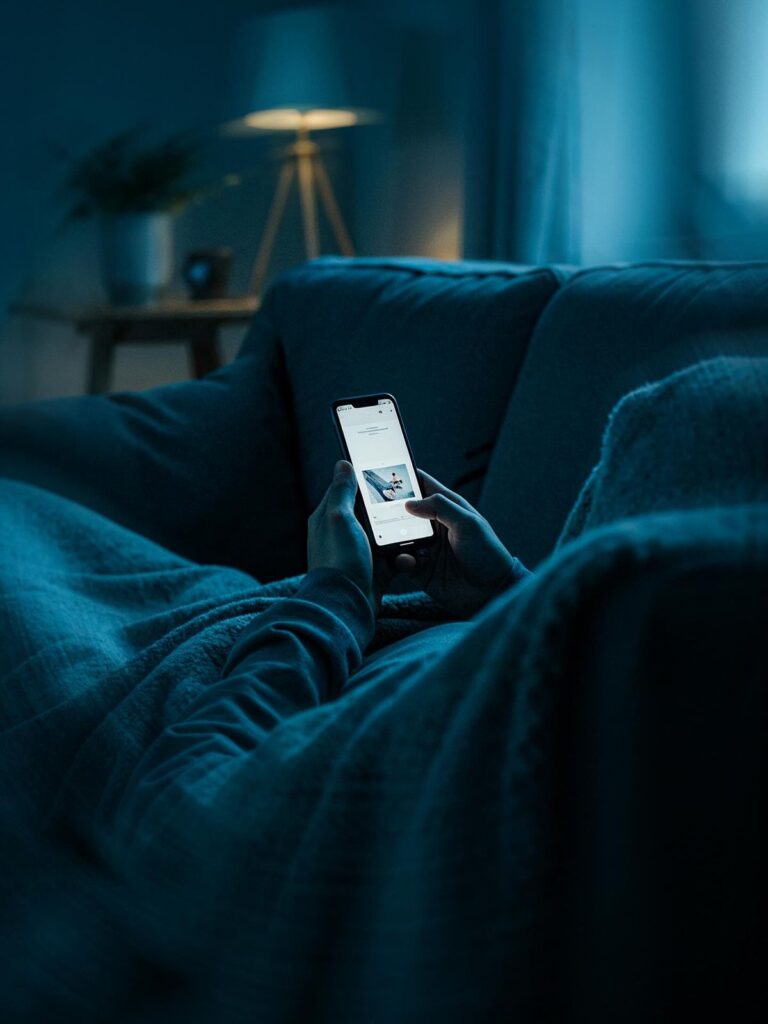
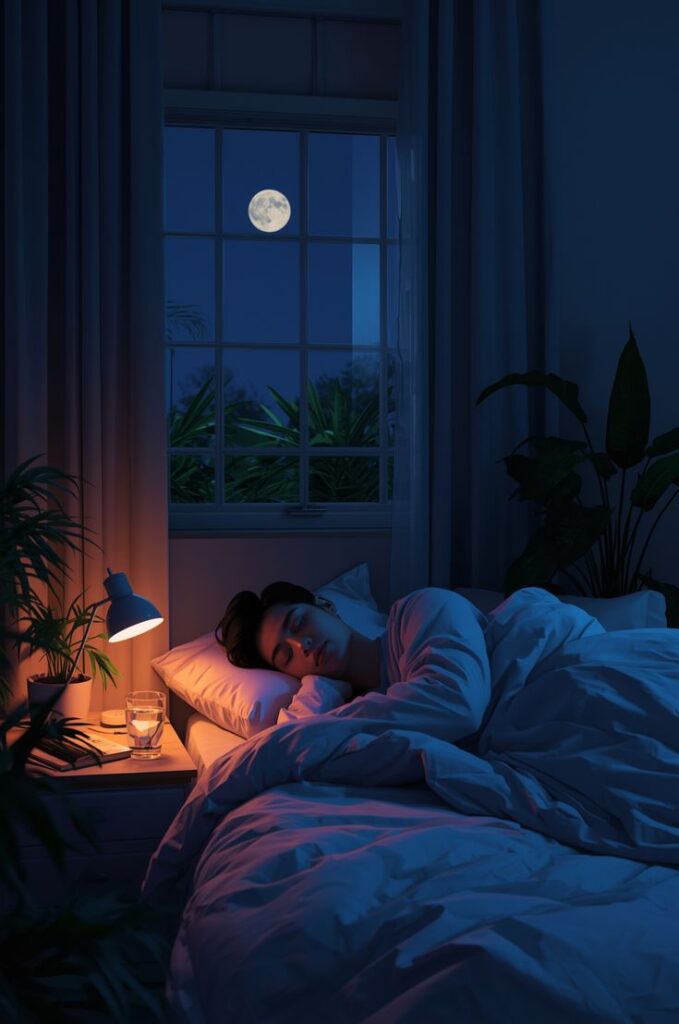
Consequences of Poor Sleep Quality
Poor sleep due to screen use impacts your mood, focus, and physical health. Without enough deep sleep, you might experience irritability, difficulty concentrating, and reduced memory.
Consistently disrupted sleep raises risks for chronic issues like high blood pressure, weakened immune function, and metabolic problems.
Prioritizing screen reductions before bedtime helps your body complete restorative sleep stages, which supports mental clarity, emotional balance, and overall well-being.
Practical Tips for Limiting Screen Use at Night
Reducing screen time before bed means making clear choices about when and how you use your devices. It involves setting boundaries, adjusting your environment, and adopting helpful tools to manage your habits. Taking small, specific steps will support better rest and clearer focus.
Setting a Consistent Digital Curfew
Choose a fixed time each evening to stop using screens—ideally, 30 to 60 minutes before bedtime. This helps your brain transition from the stimulation of screens to a more restful state.
Write down your curfew and set reminders if needed. Turning off all devices on time reduces exposure to blue light, which suppresses melatonin, the hormone that signals sleep.
Stick to this curfew every day, including weekends, to build a routine that signals to your body it’s time to wind down. You might find it easier to read a book or stretch during this screen-free window.
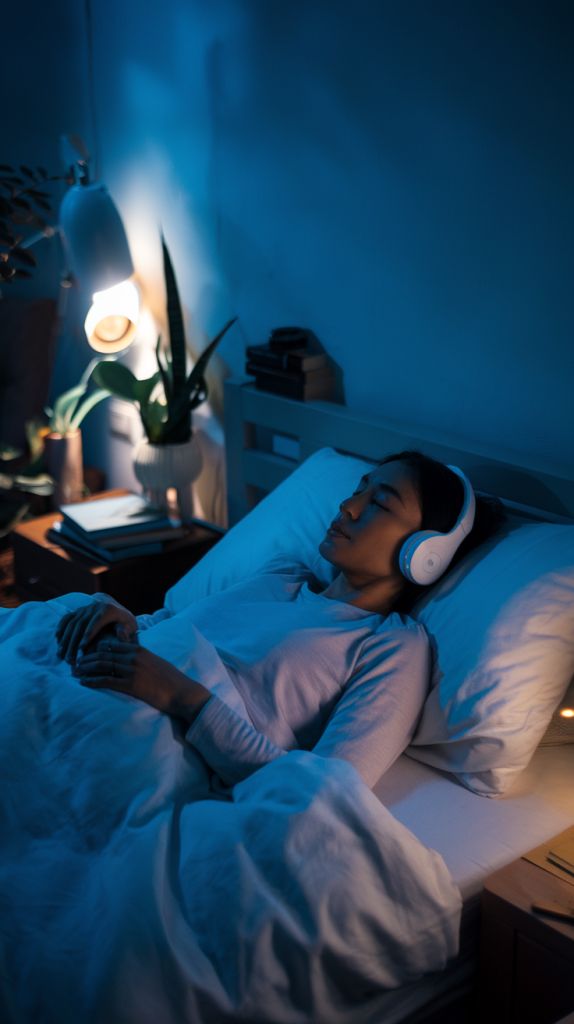
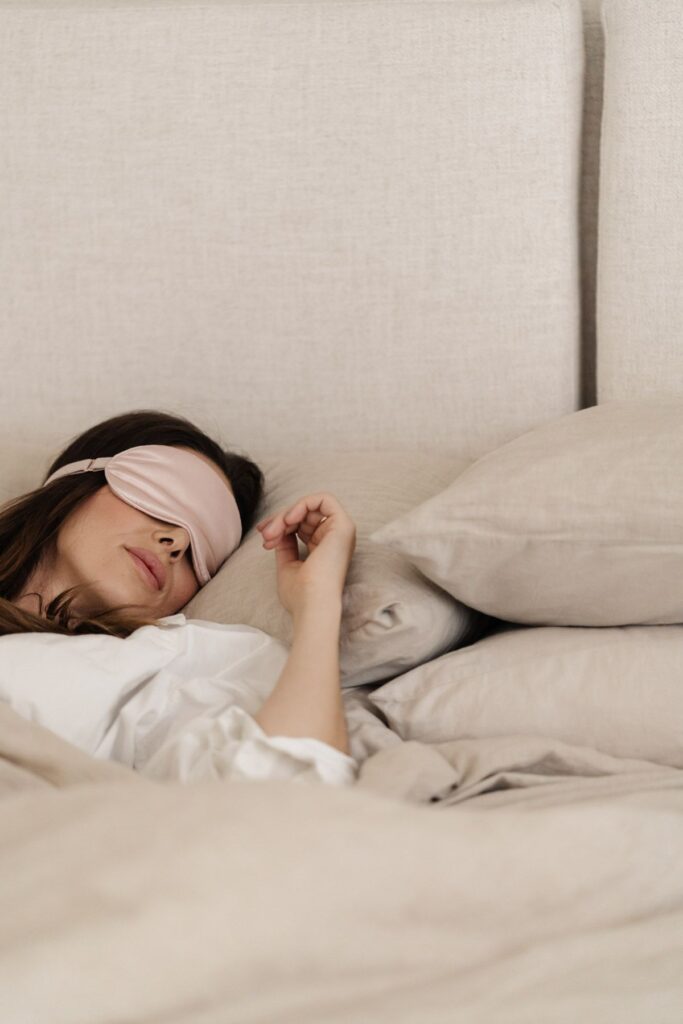
Creating a Device-Free Bedroom Environment
Keep your bedroom a place for rest by removing phones, tablets, and laptops from your sleeping area. The bedroom should be sanctuary free from screen distractions.
Charge devices outside the bedroom or in another room entirely. This cuts down the temptation to check notifications or browse apps late at night.
Consider making your bed off-limits for screen use, reserving it only for sleep or relaxing activities. This can strengthen the mental connection between your bedroom and restful sleep.
Utilizing Screen Time Management Tools
Use built-in tools on your devices to monitor and limit your evening screen usage. Many smartphones and tablets have settings like Screen Time, Digital Wellbeing, or Downtime that allow you to set limits on apps and notifications.
Enable night or blue light filters in the evening to reduce the impact of screen light on your eyes and sleep cycle. These settings adjust your screen to warmer colors after sunset.
Apps that block access to certain applications or websites during specific hours can also help you stick to your goals without having to rely on willpower alone.
Establishing a Relaxing Bedtime Routine
Replace screen time with calming pre-sleep activities that prepare your body and mind for sleep. This might include reading a physical book, gentle stretching, or practicing deep breathing exercises.
Keep your routine consistent and aim to start it around the same time each night to help train your body’s internal clock.
Avoid stimulating activities like work or intense conversations before bed. Instead, try journaling or listening to soft music to help you relax and disconnect from the day.
A predictable, soothing routine supports falling asleep faster and improves sleep quality.
Healthy Alternatives to Screens Before Sleep
Choosing activities that don’t involve screens can help you unwind and prepare for sleep more naturally. Simple habits like reading, practicing mindfulness, or listening to gentle sounds can ease your mind and improve your sleep quality.
Reading Print Books
Reading a print book allows your eyes to relax without exposure to blue light, which can disrupt melatonin production. Choose calming or light fiction rather than anything too stimulating or work-related.
Keep a soft bedside lamp for reading to avoid harsh lighting. Avoid e-readers with backlit screens, as they can have a similar effect to phone screens. Reading paper books can also create a comforting bedtime ritual that signals your body it’s time to wind down.
Engaging in Mindfulness or Meditation
Mindfulness and meditation help calm your thoughts and reduce stress, making it easier to fall asleep. You can follow simple breathing exercises or guided meditations designed to relax both mind and body.
Try dedicating 5 to 10 minutes before bed to these practices. Sitting quietly and focusing on your breath or repeating a calming mantra can lower heart rate and ease muscle tension, supporting a smoother transition into sleep.
Listening to Calming Music or Podcasts
Soft music or soothing podcasts can distract you from stressful thoughts without the harmful effects of screen light. Choose playlists designed for relaxation, such as classical music, nature sounds, or sleep-focused audio.
Use a timer to automatically stop playback after a set period, so you’re not disturbed later. Avoid anything too engaging or fast-paced, as those can keep your brain alert instead of helping it relax.
